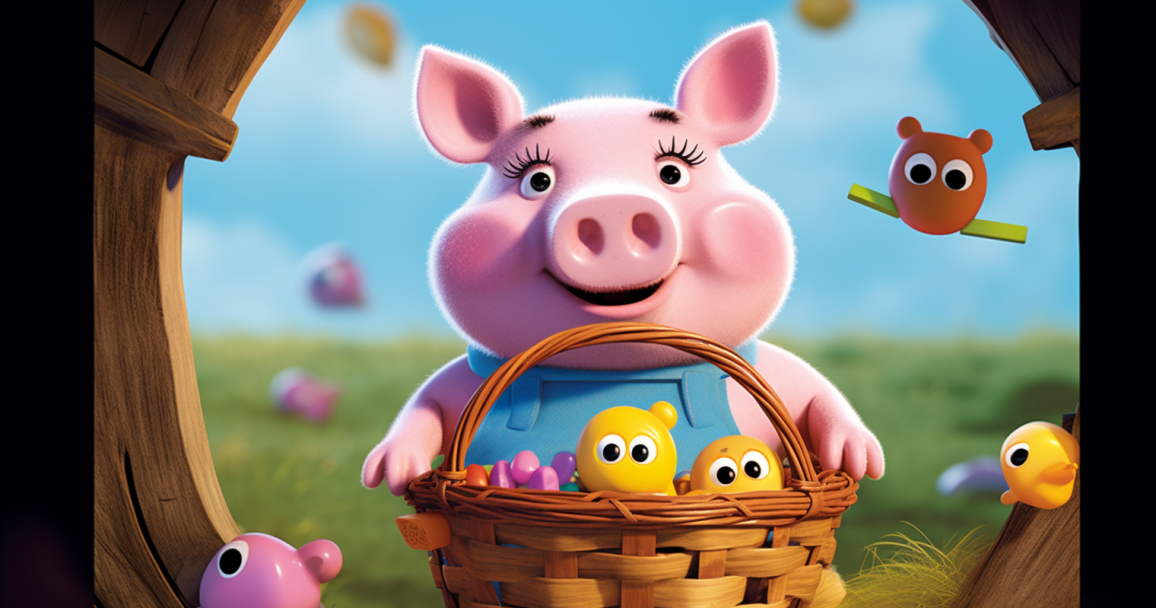As a parent, I recently experienced a moment that left me both baffled and disappointed. A neighbor gave us a Christmas children’s book (some Caillou book) and so I read it and the kids enjoyed it. It was nicely illustrated and had decent writing, but there was just one problem. it didn’t have anything to do with Christmas. It went over a bunch of traditions various cultures had leading up to Christmas, but didn’t mention the reason for the season (Christ) at all.
Just yesterday, my daughter brought me a Peppa Pig Easter book for me to read to her. It’s a similar book—lots of pretty colors and okay writing but it had nothing to do with Easter. It revolved around a rather mundane egg hunt and encounters with insect, which is nice and all but completely misses the point.
These books aren’t particularly offensive, but part of a growing trend: Secular books masquerading as Christian books. It raises an important question: Why is it crucial for Christian books, especially those for children, to stay true to their faith and purpose?
1. Preserving Tradition and Faith: Christian holidays like Easter and Christmas have deep spiritual significance. They are not merely about bunnies, eggs, or presents. They represent the core of the Christian faith – the resurrection of Christ and the birth of our Savior. When books about Christmas or Easter deviate from these themes, they risk diluting the message and erasing the rich tradition that accompanies these celebrations.
2. Teaching Values and Beliefs: Christian literature, especially children’s books, plays a vital role in instilling Christian values and beliefs. They provide an opportunity to impart important life lessons, moral values, and the teachings of Christ. When a book unrelated to the faith is marketed as a Christian book, it misses a valuable chance to educate and inspire young minds.
3. Strengthening Faith Identity: Christian literature helps reinforce a child’s faith identity. It connects them to their religious heritage and helps them understand what it means to be a Christian. It provides a sense of belonging and strengthens their spiritual foundation.
4. Fostering Meaningful Discussions: Books centered around Christian themes create opportunities for parents and children to engage in meaningful discussions about faith, values, and the Bible. When a book fails to deliver on its promise of a Christian message, it can lead to confusion and missed opportunities for these important conversations.
5. Honoring the Faith Community: Christian authors, illustrators, and publishers have a responsibility to honor the faith community they serve. While creativity and diversity in Christian literature are essential, books should still align with the core principles and beliefs of Christianity to ensure they resonate with their intended audience.
As readers and parents, we should remain discerning and seek literature that aligns with the profound messages of our faith. By doing so, we can ensure that Christian books continue to inspire, educate, and strengthen the hearts and minds of readers young and old.
We sought to do that with our first Christmas book: “The Christmas Santa Never Came.” We hope you enjoy!


